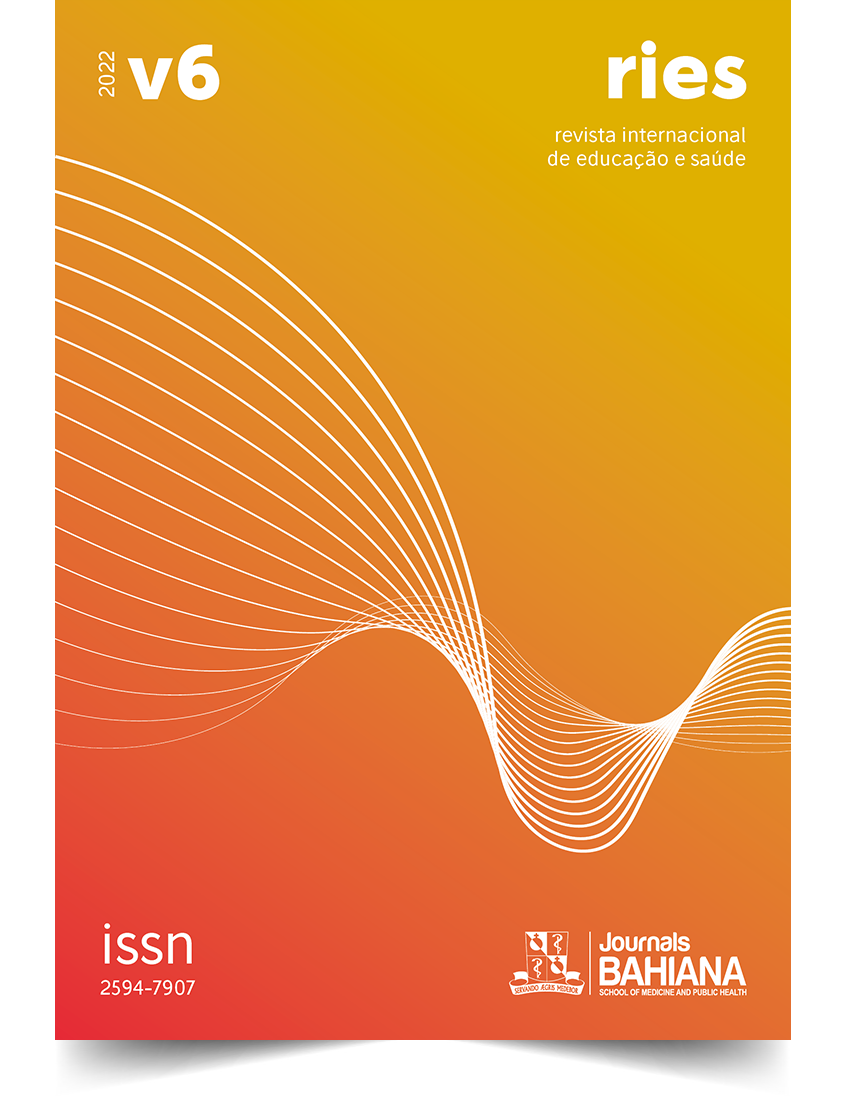Algumas reflexões sobre cantos apertados na educação médica e em cuidados de saúde
DOI:
https://doi.org/10.17267/2594-7907ijeh.2022.e4783Downloads
Referências
(1) Foot P. Virtues and vices and other essays in Moral philosophy. Oxford: Oxford University Press; 2002.
(2) MacIntyre A. After virtue: a study in moral theory. South Bend: University of Notre Dame; 2022.
(3) Woods A. The limits of narrative: Provocations for the medical humanities. Medical Humanities. 2011;37(2):73–8. http://dx.doi.org/10.1136/medhum-2011-010045
(4) Strawson G. Against narrativity. Ratio. 2004;17(4):428–52.
(5) Bronken BA, Kirkevold M, Martinsen R, Kvigne K. The aphasic storyteller: Coconstructing stories to promote psychosocial well-being after stroke. Qualitative Health Research. 2012;22(10):1303–1316. https://doi.org/10.1177/1049732312450366
(6) Hinckley JJ. Telling the story of stroke when it’s hard to talk. Topics in Language Disorders. 2015;35(3):258–26. https://doi.org/10.1097/TLD.0000000000000066
(7) Ulatowska HK, Reyes B, Santos TO, Garst D, Vernon J, McArthur J. Personal narratives in aphasia: Understanding narrative competence. Topics in Stroke Rehabilitation. 2013;20(1):36–43. https://doi.org/10.1310/tsr2001-36
(8) MacIntyre A. Ethics in the Conflicts of Modernity - An Essay on Desire, Practical Reasoning, and Narrative. Cambridge: Cambridge UP; 2016.
Downloads
Publicado
Edição
Seção
Licença
Copyright (c) 2022 Joana Monteiro

Este trabalho está licenciado sob uma licença Creative Commons Attribution 4.0 International License.
Esta obra está licenciada com uma Licença Creative Commons Atribuição 4.0 Internacional.



